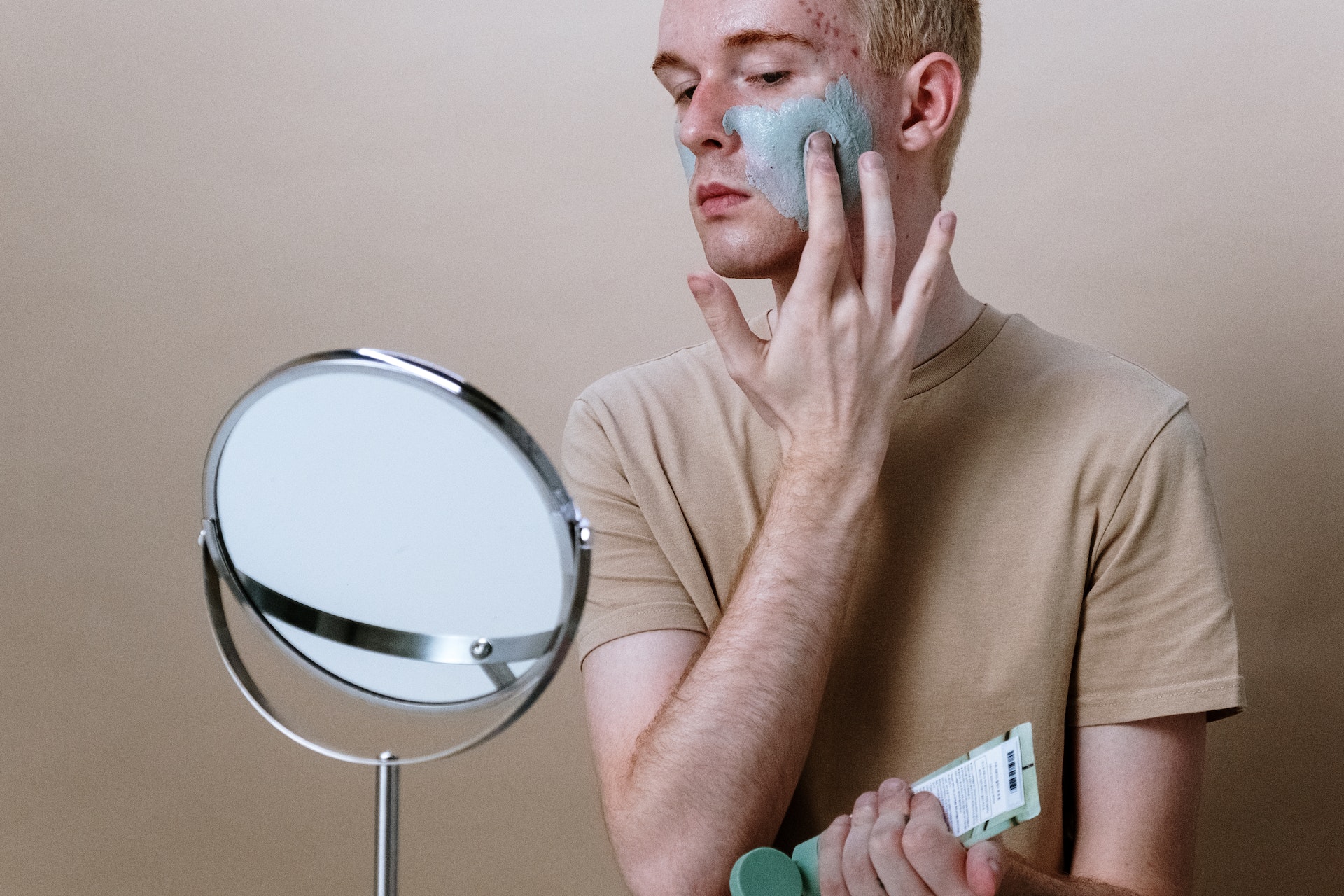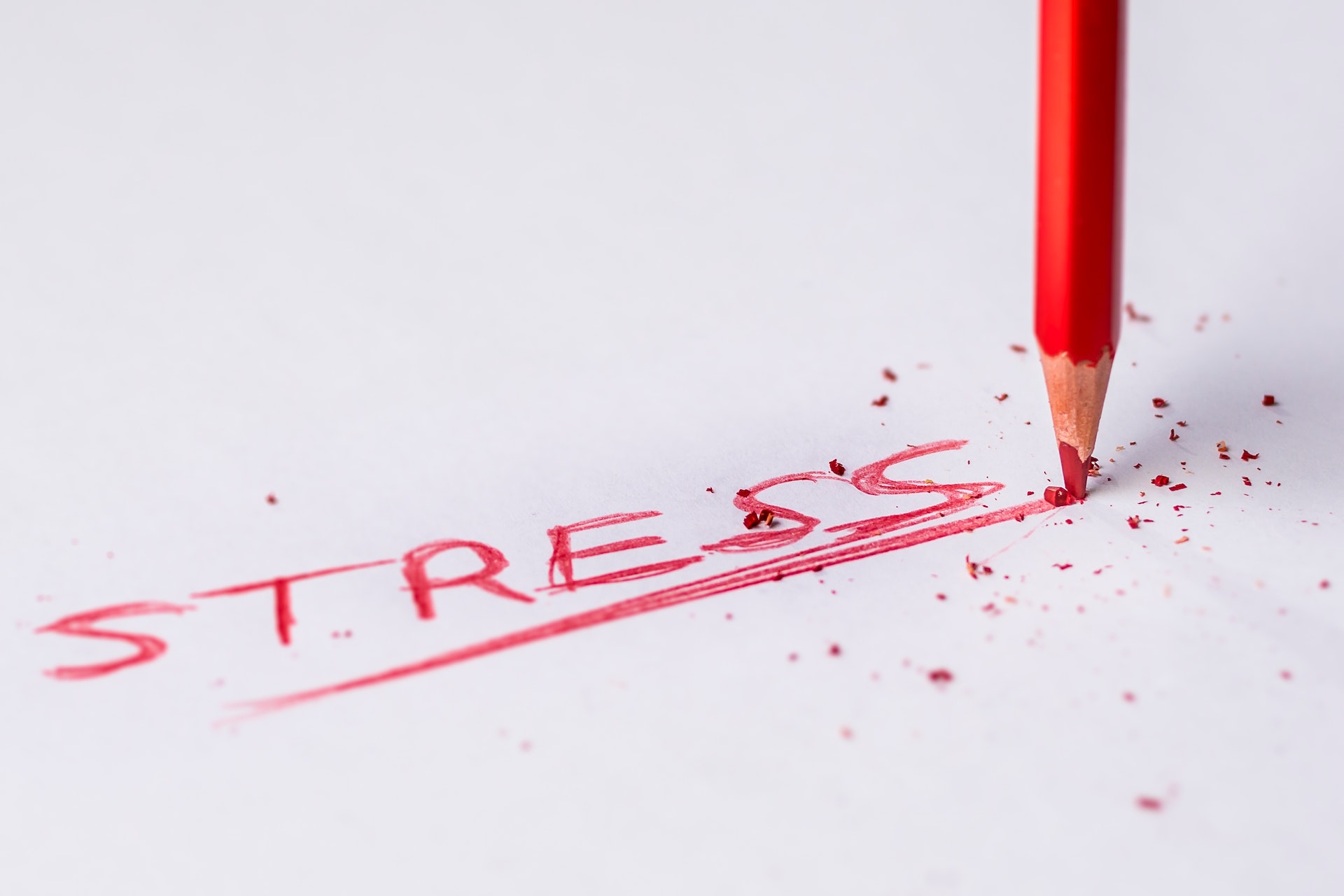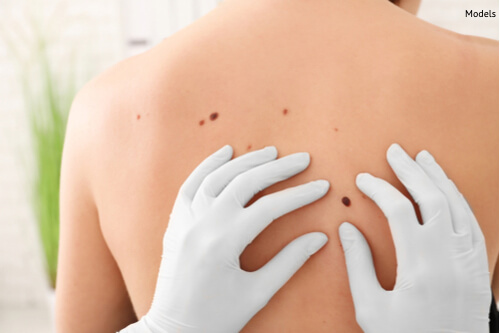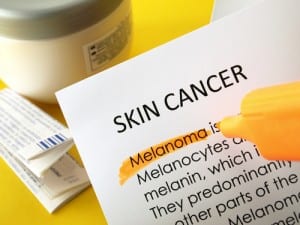6 Ways Stress Can Affect Your Skin
6 Minute Read:

Stress has a more considerable effect on us than we realize. One of the ways it can manifest itself is through our skin. Wrinkles, acne breakouts, and dry skin are just some consequences of dealing with tension. Robert Wald MD explains how stress can affect your skin and how to manage its effects.
What situations cause us the most stress?
We can experience stress in many different situations, mainly when significant life-changing events occur. Going through a divorce or moving long-distance are some of the most stressful events one can go through during their life. These events can affect our physical and mental health, including our skin. Knowing how to deal with these events and get through them as easily as possible is essential. Hiring professional movers for your long-distance move is one of the ways to make this process easier. This will help you tremendously, as pros can make it stress-free and leave you with much less to worry about. Professionals can also help you through challenging times such as divorce or losing a close friend. Always reach out for help when facing complex, life-changing events like these.
-
Stress can aggravate pre-existing skin conditions
Stress can be hazardous, as it not only causes several health conditions but also worsens your existing conditions. The most common condition people face that is made worse by stress is eczema. Symptoms of eczema can be managed, but dealing with stress is an essential step toward that. Rosacea and psoriasis flare-ups can be triggered by stress as well. When battling these conditions, the first and most crucial step is stress-management.

One way stress can affect your skin is that it can cause your skin conditions to get worse.
-
Stress can lead to skin picking
Feeling anxious and stressed can cause us to pick at our skin, leading to wounds and scars. Another habit that frequently follows stress is nail-biting. Nail-biting increases your chances of coming into contact with harmful bacteria and viruses. It also causes damage to your nails and can lead to severe conditions. Biting can also make your nails grow differently than they should. It’s common to bite your lips and grind your teeth when stressed out, too, and these all are terrible habits. Grinding your teeth can have severe effects on your teeth. So, try to remind yourself as often as possible to relax your jaw to prevent this from happening.
-
Acne breakouts are one of the most common ways stress can affect your skin
You’ve probably noticed having more acne when you’re feeling stressed out, such as when moving or changing jobs. Stress has a significant effect on our hormones and, therefore, on acne. It affects our oil glands, making them produce more oil, which leads to breakouts. You will likely notice more acne on the oiliest parts of your face. Consult with your dermatologist to create the perfect, personalized skincare routine for when you experience stress-related acne breakouts, and do whatever you can to minimize stress. If your anxiety is moving-related, experts from Mod Movers CA advise you to ask for help. You can enlist your friends and family to assist with moving tasks or listen to you while you vent.

A good skincare routine can minimize the effects of stress on your skin
-
Stress can lead to dry skin
Dry skin is another common issue you might experience when feeling stressed out. This is one of the most common signs of stress we may overlook because we think it’s just how our skin is. We even assume we are using the wrong products for our skin type. Even though this can be true sometimes, it’s best to talk with your dermatologist when you notice dry skin patches. You might even see your skin is inflamed and itchy too. These can all be signs that you are under too much stress and pressure.
-
How stress can affect your hair
One of the most noticeable changes in our skin we can experience during stressful times is hair loss. This is a common effect that stress can have on people. Hair loss can indicate an underlying medical condition, but it can also signify high stress levels. This doesn’t mean it’s permanent. There is a high chance of your hair growing back if hair loss is caused by stress. Another common way stress can affect your hair is by causing it to go grey. This type of stress manifestation can take some time to show. It won’t occur overnight, but when it does, it’s a sign you’ve been under stress for too long.
-
Ways stress can affect the skin on your face
When stressed, our bodies produce the hormone cortisol much more quickly. More stress means more cortisol, which means more noticeable skin issues. Being stressed and anxious can cause your skin to wrinkle much faster, and this can cause us to look older than we are. Bags under the eyes don’t mean just a lack of sleep. They are also a sign of stress. Don’t worry – they can be managed and reduced through a good sleep regimen and a healthy diet.

Have a daily skincare routine to help with these problems
How to ease the stress
The most crucial step is to take good care of your skin. This means taking regular showers, doing your skin routine every day, and using high-quality products. There are also many easy ways to manage stress and prevent these effects on your skin. Start with your diet. Eating healthy meals regularly and avoiding junk food can go a long way.
After this, implement a good exercise regimen. Doing simple meditation or yoga after waking up will help you cope with stress much better. On that note, regular exercise is good for stress management too. It’s not just good for your health but is also an excellent stress-relief option.
Finally, keep a journal or talk with someone about the things that cause you stress. Remember to do something you love every day, whether it’s a hobby, watching your favorite TV show, or just taking a relaxing bath. Treat yourself from time to time and go to a wellness center for a massage or to enjoy the spa. And don’t forget to sleep for at least eight hours a day.

Most of the effects of stress are temporary or reversible.
In conclusion
Most of the ways stress can affect your skin are reversible or temporary. Making simple changes to your lifestyle and how you deal with stressful situations can minimize them. Stress is one of the most dangerous things we face daily, and it doesn’t just have negative consequences on our skin but our health as well. So think of effective ways to cope with stress.







